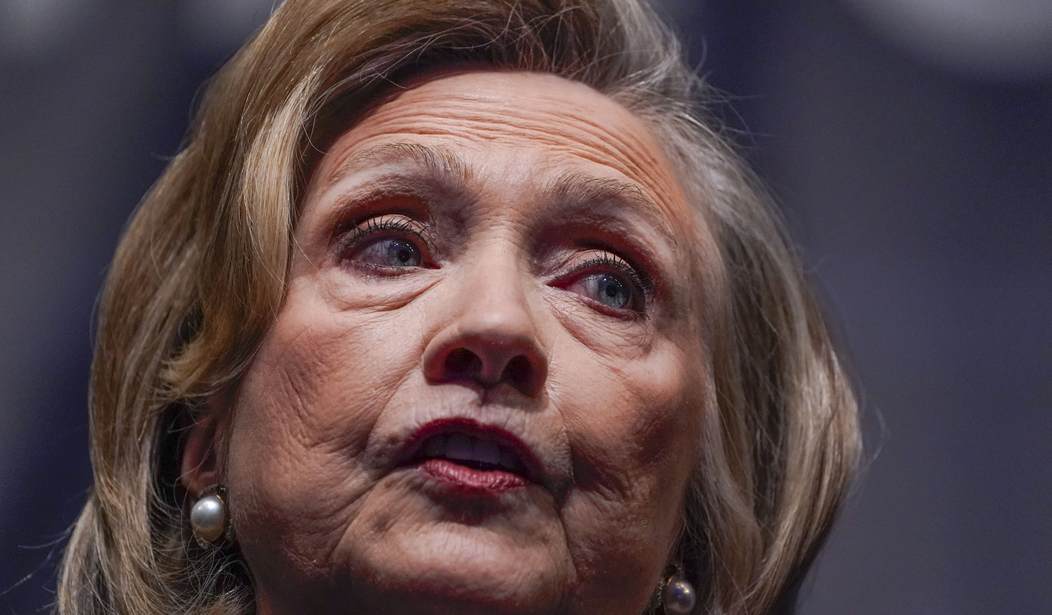The New York University Center for Social Media and Politics conducted a study on the limits of what Russian disinformation and misinformation were able to achieve on Twitter during the 2016 election. What they found should put to rest any claims by Democrats that Russian influence on social media swung that election to Donald Trump.
“My personal sense coming out of this is that this got way overhyped,” Josh Tucker, one of the report’s authors, who is also the co-director of the New York University center, told the New York Times.
“Now we’re looking back at data and we can see how concentrated this was in one small portion of the population, and how the fact that people who were being exposed to these were really, really likely to vote for Trump,” Tucker said. “And then we have this data to show we can’t find any relationship between being exposed to these tweets and people’s change in attitudes.”
Here are some key findings of the report:
- Only 1 percent of Twitter users accounted for 70 percent of the exposure to accounts that Twitter identified as Russian troll accounts.
- Highly partisan Republicans were exposed to nine times more posts than non-Republicans.
- Content from the news media and U.S. politicians dwarfed the amount of Russian influence content the electorate was exposed to during the 2016 race.
- There was no measurable impact on “political attitudes, polarization, and vote preferences and behavior” from the Russian accounts and posts.
While the Times takes great pains to say that this was only one social media platform and that the impact of Russian advertising on other media companies like Facebook has not been examined, the problem is that the burden of proof is now on those who claim Russia stole the election for Trump.
The unwritten coda to this narrative is that the Russians interfered because Trump was a Russian asset, right? Sheesh.
Given the small margins of victory in some states for Trump, could even a small number of people who changed their attitudes as a result of Russian influence operations online have swayed the vote? The sample size of the Twitter study suggests not, but “we’ll never really know,” Tucker said. “We cannot reject out of hand that there wasn’t some incredibly unlikely confluence of things here that happened in this regard.”
Additionally, the study estimates that potentially 32 million people were exposed to Russian-sponsored tweets, whereas Facebook estimated that 126 million users potentially viewed Russian-sponsored tweets.
There is no doubt that Russia tried its best to influence the 2016 election. It was always a dubious claim that voters in great numbers were influenced by Russian trolls any more than they’re influenced by any advertising — which is to say, not much at all.
The big problem Democrats now have is explaining why the Russian influence operation of 2020, which was just as intense (perhaps more so), failed to get Trump re-elected. There is no “there” there, and as the NYU study suggests, the only voters who paid any attention to the trolls were already Trump supporters anyway.
In an interview with The Atlantic editor-in-chief Jeffrey Goldberg in 2018, Hillary Clinton compared Russian interference in the 2016 election to the 9/11 terrorist attacks on America.
“I believe that the combination of the Russian campaign, the WikiLeaks being the cutout for Russian stolen information, the role that Cambridge Analytica and other organizations like that played in connection with the Republican apparatus, the [Republican] National Committee and other allies and the Trump campaign certainly altered the outcome in enough places that we have to ask, ‘What really happened?'” she said.
What happened is that you ran a terrible campaign and grossly underestimated the appeal of your opponent. In other words, your own incompetence cost you the White House in 2016, and blaming your defeat on Russians trolling social media is now and has always been, a bogus excuse.









Join the conversation as a VIP Member